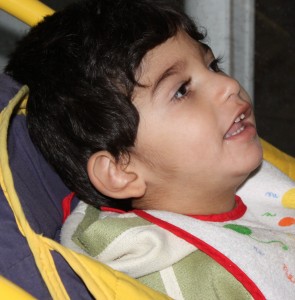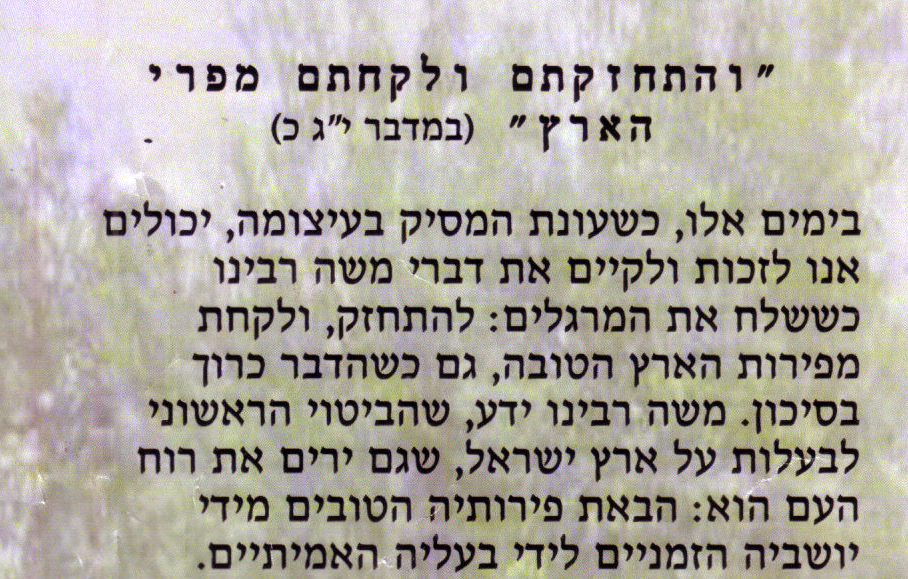Office of Misrepresentations
I received an email this week from Israel’s Government Press Office (GPO) that begs to be read as commentary in the margins of Benjamin Netanyahu’s speech to Congress. In his speech, Netanyahu gave his inflated figure for the number of Israelis living over the Green Line, said that most lived in suburbs of Tel Aviv and Jerusalem, and then asserted (emphasis added):
…under any realistic peace agreement these areas, as well as other places of critical strategic and national importance, will be incorporated into the final borders of Israel.
Netanyahu did not explain what he meant by “national importance.” But in Israeli politics, national usually refers to nationalism, to Jews as a national group. The implication was that places in the West Bank that are central to national identity because of their place in ancient Jewish history or myth, and so must remain under Israeli rule, even though they do not have any practical defensive value.
The email, sent this week, invites foreign correspondents to a tour of Hebron under the auspices of the GPO, which is itself part of the Prime Minister’s Office. It says that the guide will be David Wilder, without mentioning that Wilder is the English-language spokesman of the Jewish settlers in Hebron. “Public Diplomacy and Diaspora Affairs Minister Yuli Edelstein will accompany the tour,” the notice says, adding that the first stop in Hebron will be:
10:00 – Tel Hebron (Tel Rumeida) – Historical & archaeological explanation; explanation of the living link between the Jewish People and Hebron as the basis of national and religious Jewish identity.
So the trip will be led by the representative of the Hebron settlers, and its point is to underline that Hebron is a place of “national importance” and part of the foundation of Jewish identity. Relinquish it, and we’ll all forget we’re Jewish.








